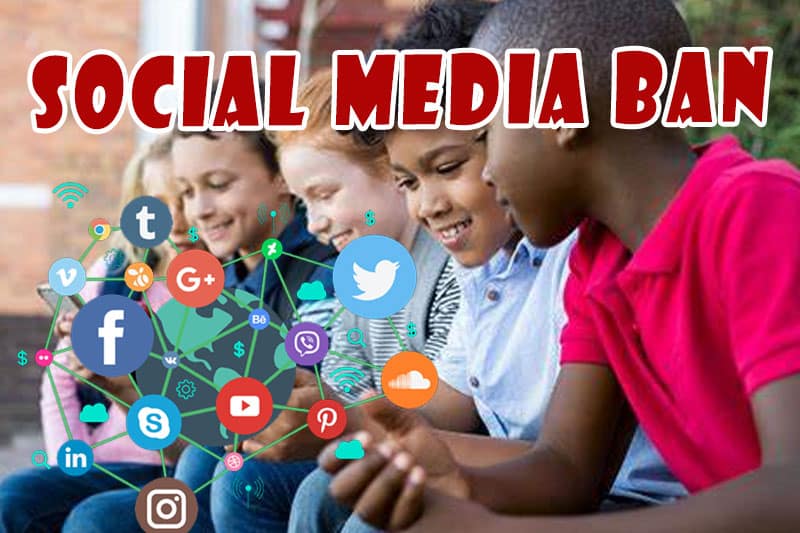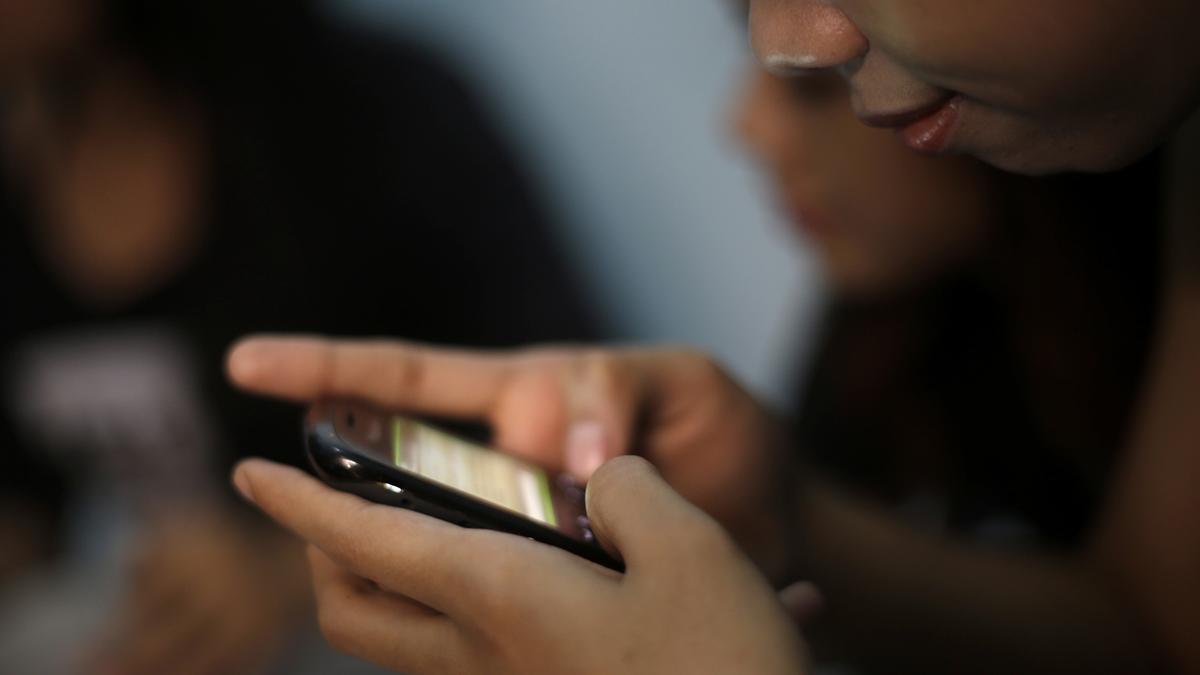Australia passes law banning social media for children under 16 – Times of India

- by Admin
- November 28, 2024

Australian Senate on Thursday passed a world-first law banning children under 16 from using social media platforms such as TikTok, Instagram, and Facebook, with tech companies facing fines of up to AUD 50 million (£26 million) for non-compliance.
The ban, designed to protect young people from online harm, has ignited a national debate. While advocates hail it as a vital step in addressing youth mental health issues, critics warn of privacy infringements and unintended consequences for vulnerable groups.
The law seeks to address rising concerns about social media’s impact on youth mental health, particularly among teenage girls. Senator Sarah Henderson of the Liberal Party cited global trends linking social media use to mental health crises, stressing the urgency of regulation.
However, critics, including Greens Senator Sarah Hanson-Young, dismissed the legislation as out of touch. “This is boomers trying to tell young people how the internet should work,” she argued, adding that the year-long delay before enforcement undermines its credibility.
Privacy advocates have also raised alarms about potential data misuse. The legislation prohibits platforms from demanding government-issued IDs for age verification but leaves unresolved questions about how age checks will be conducted without infringing on user privacy.
While many countries have proposed social media age restrictions, Australia’s absolute ban is among the most stringent. Critics argue it may alienate vulnerable groups, including LGBTQIA+ youth, who rely on online communities for support. The Australian Human Rights Commission voiced concerns about potential human rights infringements, warning of social exclusion for young people.
Tech companies have also criticised the law as rushed and impractical. A spokesperson for Meta, which owns Facebook and Instagram, argued the legislation “ignores evidence” from child safety experts and imposes unrealistic demands on parents and teens.
The Latest News
-
November 28, 2024Business Council Urges Tax Reform to Boost Investment
-
November 28, 2024‘We take cricket with us’: Why the face of Australian cricket must change
-
November 28, 2024Australian cricketer Grace Harris’ ‘f*** it’ World Cup moment as Big Bash final looms
-
November 28, 2024Green couldn’t hold his spot. Now Australia’s desperate for him
-
November 28, 2024We uncovered 57 online clothing shops trying to scam Australians. And they’re just the tip of the iceberg




